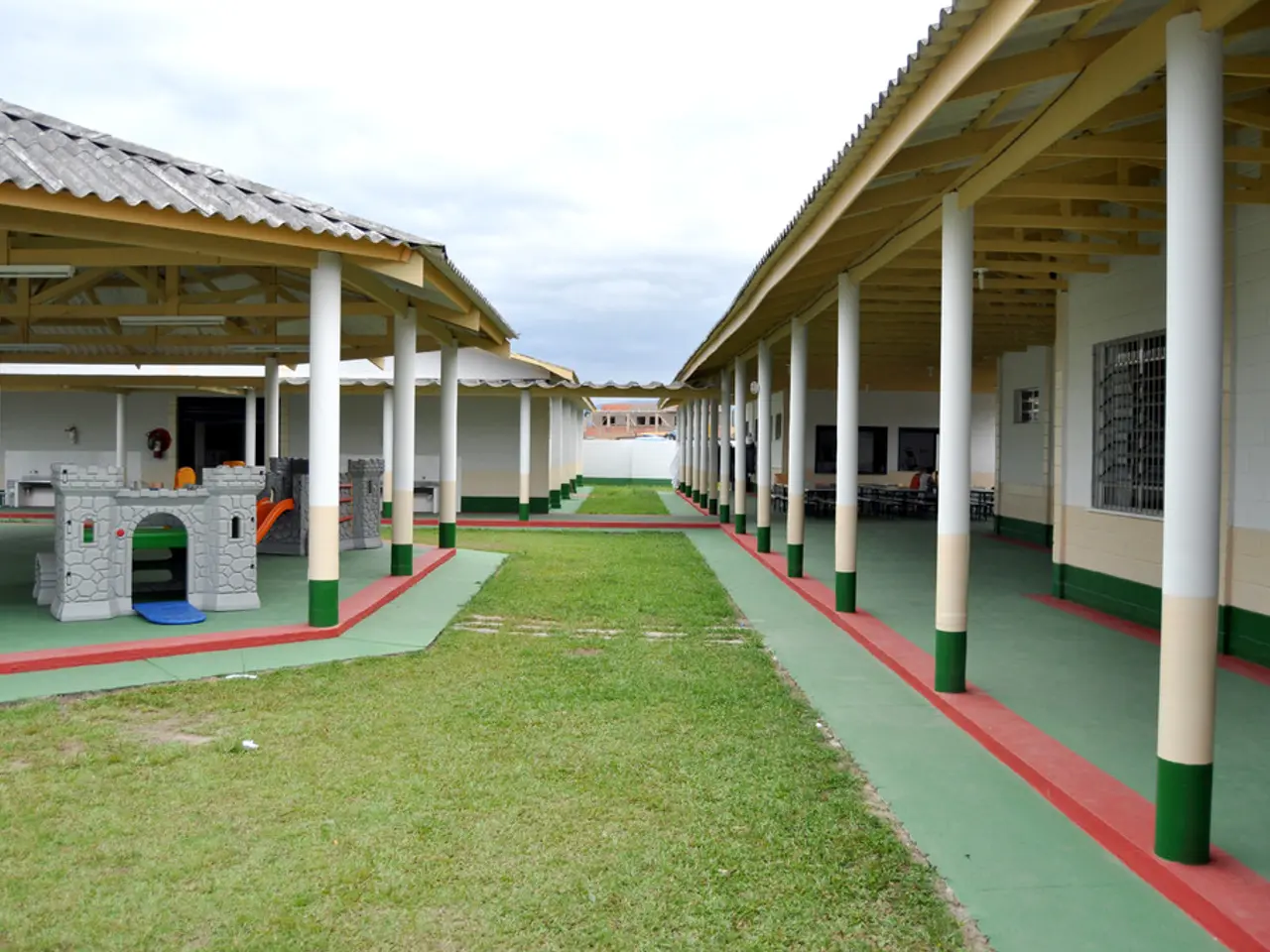Soaring number of homeless children residing in temporary lodgings achieves a new peak
In England, the number of people sleeping rough on the streets has more than doubled since 2010, according to housing charity Shelter. The latest figures show that 3,898 people were recorded sleeping rough on a given night in 2023, a 27% increase from the previous year.
The charity attributes this increase to economic factors like soaring private rent prices and a lack of affordable housing, as well as systemic pressures such as people being released from prison into homelessness. Temporary accommodation has become increasingly unsuitable, with growing reliance on budget hotels and B&Bs, which are legally limited but increasingly used due to a lack of alternatives.
Shelter's chief executive has criticised the government for not effectively addressing the housing emergency. The charity urges the government and all political parties to commit to building 90,000 social homes a year with rents tied to local incomes.
Such a commitment could have significant economic benefits. A report by Shelter and the National Housing Federation (NHF) suggests that building 90,000 social homes would pay for itself in terms of economic and social benefits within three years, adding more than £50bn to the economy.
However, no specific political party has yet committed to this proposed plan. Meanwhile, the number of children homeless in temporary accommodation in England has reached a record high. During the same period, there were 142,490 children who were homeless, a 14% increase from the previous year.
Shelter has called for everyone at risk of street homelessness to be provided with suitable emergency accommodation. The charity also advocates for government policy changes to prioritise prevention and support services for women and families at risk, given evidence that some groups (such as women rough sleepers) are undercounted or poorly served.
The charity also suggests several solutions to address the root causes of homelessness, including unfreezing Local Housing Allowance rates to make private rents more affordable for vulnerable people, increasing investment in affordable and social housing, and addressing the root social issues such as prison release protocols to prevent people being discharged directly into homelessness.
Shelter also supports targeted programs that improve the quality of life for rough sleepers, including access to sport, health, and wellbeing initiatives. However, thousands of people are being forced to sleep on street corners due to high rents, and families are being pushed into grim hostels and B&Bs miles away from their support networks.
In summary, the rise in homelessness and rough sleeping in England is driven by economic factors like rent inflation and social factors such as inadequate post-prison support. Housing charities like Shelter emphasize policy changes to increase affordability, improve temporary accommodation quality, and provide holistic support to vulnerable groups. It remains to be seen whether political parties will commit to Shelter's proposals to address this pressing issue.
Read also:
- United States tariffs pose a threat to India, necessitating the recruitment of adept negotiators or strategists, similar to those who had influenced Trump's decisions.
- Weekly happenings in the German Federal Parliament (Bundestag)
- Southwest region's most popular posts, accompanied by an inquiry:
- Discussion between Putin and Trump in Alaska could potentially overshadow Ukraine's concerns








